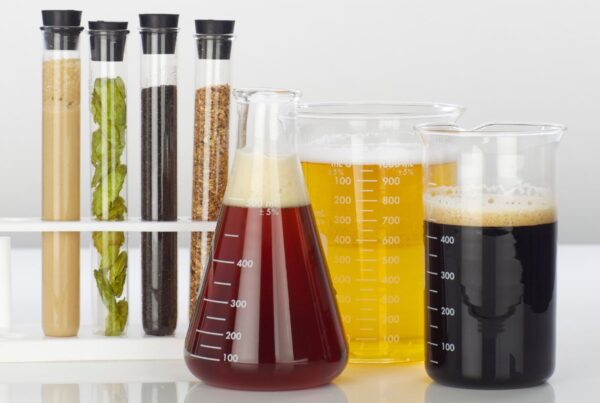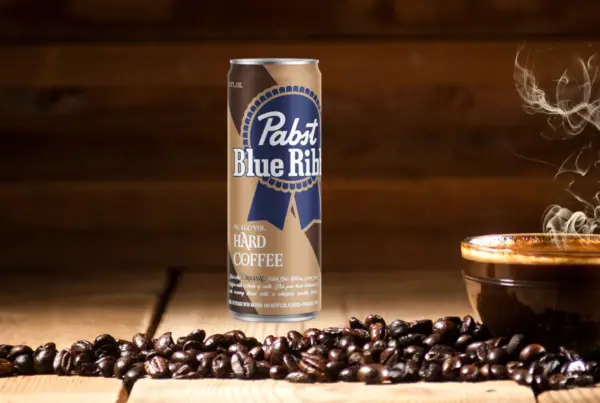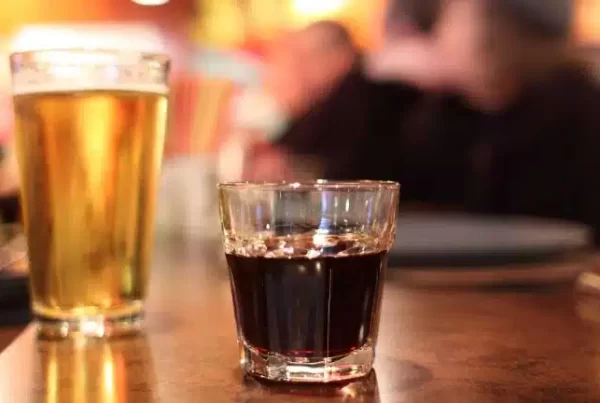Does Drinking Beer Actually Hydrate You?
Whether it’s that distinctive “pssht” sound as you crack open a cold one with friends at a summer barbecue, or savoring a deep, rich stout by a crackling winter fire, beer holds a special place in our hearts (and stomachs).
But amid the numerous types of beers and countless debates (cans vs bottles, lagers vs ales, domestic vs import, to chill or not to chill the glass, and so on) one contentious question continues to rise to the surface like a good head of beer foam:
Does beer hydrate you?
In order to get to the bottom of this, we’ll need to explore beer’s components, its effects on the body, and whether its ingredient makeup can potentially quench more than just our thirst for a good brew.
The Hydration Conversation
If we’re going to look at beer’s hydration properties, it only makes sense to approach it from a scientific perspective.
Beer, in all its goodness, is essentially a cocktail of water, malt, hops, and yeast. So, on the surface, it might seem like a decent hydration candidate. After all, isn’t water pretty much “the gold standard” as hydration?
But let’s not stop there. If it were that simple, we wouldn’t be having this hydration conversation in the first place.
Let’s just say there’s a reason you don’t see marathon runners crossing the finish line and reaching for frosty pints instead of bottles of water.
Water & Nutrients in Beer
Whoever first called beer “liquid bread” wasn’t too far off the mark. beer is primarily made up of water—around 90-95%, to be precise. It also contains nutrients like potassium, magnesium, and a sprinkling of B vitamins.
This would suggest that beer, like its non-alcoholic, doughier cousin bread, could potentially provide some hydration (and even nourishment, to an extent).
But here’s where the plot gets thicker than an oatmeal stout. As much as beer is full of water and certain beneficial nutrients, it contains one other key ingredient:
Alcohol.
Alcohol is a diuretic, which in plain terms means it makes you go to the bathroom more often. These diuretic properties can lead to dehydration—and this is why you might sometimes wake up after a night of heavy drinking feeling as parched as a hop in the Sahara.
Weighing the Pros and Cons: Does Beer Hydrate or Dehydrate?
Beer contains water and essential nutrients but also brings alcohol, which promotes dehydration. So, does beer hydrate you?
The Lighter Side
In moderation (and I mean MODERATION), lower-alcohol beers like light lagers or pilsners can help hydrate you.
These beers are mostly water, and the alcohol content can actually be low enough not to offset the hydration benefits entirely.
Treading the Darker Waters
Now on the other hand, stronger beers like IPAs, stouts, and Belgian tripels have higher alcohol content, meaning they’re going to be more dehydrating than their lower alcohol beers.
Consuming these beers for hydration would be like trying to put out a fire with a bottle of vodka—it’s not going to end well. Then again, if you’re considering using vodka to put out fires, you’ve probably got bigger problems to worry about than hydration.
Always check the ABV listed on the beer label if you want to look up the alcohol content of a particular beer.
Final Thoughts: Hydrate Responsibly
Enjoying a cold one can feel refreshing—but don’t mistake refreshment for hydration. Sure, in rare cases, beer can be a source of hydration, but most often the net result is going to be de-hydration.
If you’re worried about becoming too dehydrated, it’s somewhat better to drink light beers (along with a glass of water) and to drink responsibly.
It may seem obvious, but just to clarify: Beer should never be your sole source of hydration—no matter how tempting that might be.
Alternate beer with water, pace yourself, and—if you can—it’s always better to hydrate before you start feeling dehydrated in the first place.





